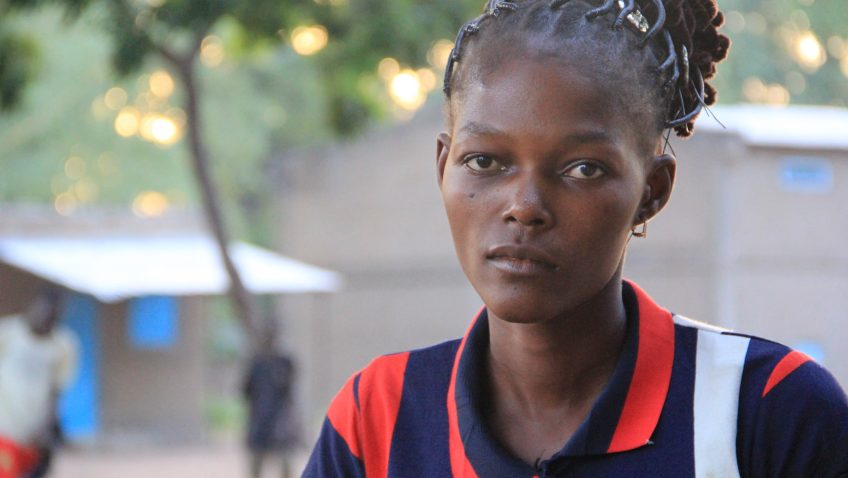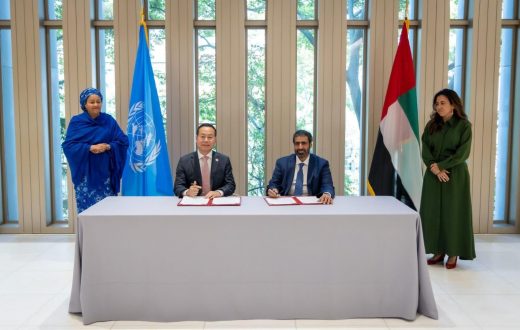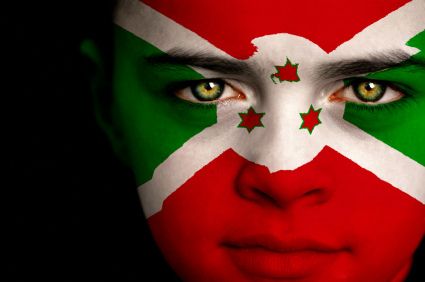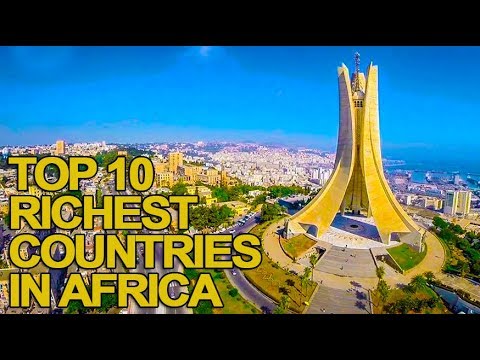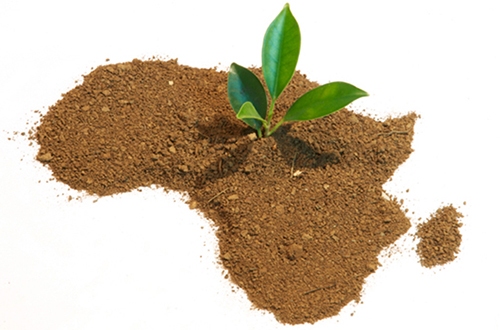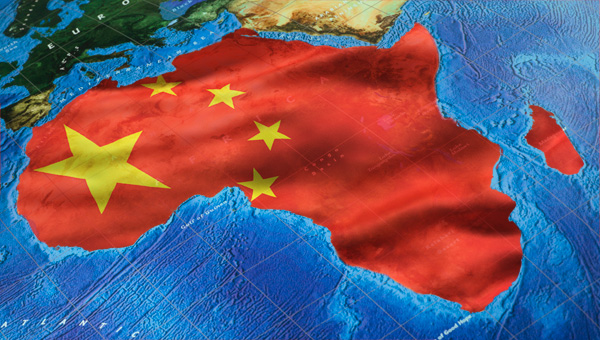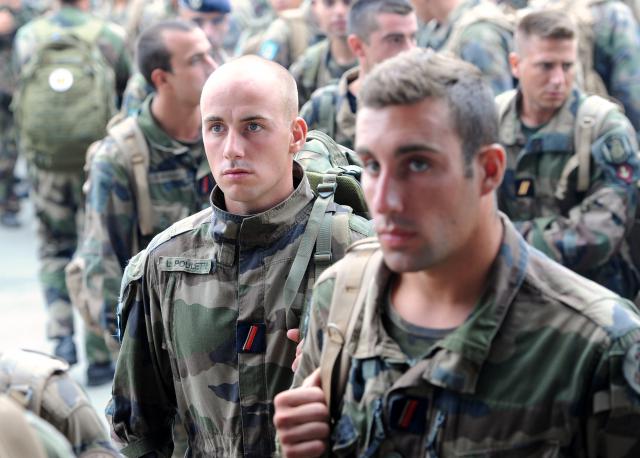Thousands of refugees who have fled civil wars and violence in the Central African Republic (CAR) to Chad are facing serious water, food and shelter shortages. During a four-week visit to the south parts of the country; Young Diplomats’ Africa regional director Idriss Zackaria visited several camps in the region, seeking for an innovative programme to integrate refugees and provide peace awareness to the young ones, he met refugees, Chadian returnees and asylum seekers who told him about their dreams, sorrows, violence, abuse and persecution they suffered at the hands of criminal gangs, which forced them to flee their countries.
In Southern Chad, including Goré, one of poorest and most underdeveloped parts of the country, is already hosting more than 43,000 Central African refugees and about 45,000 Chadian returnees from CAR and few other refugees from Democratic Republic of Congo – They are now struggling for food and other basic necessities. These refugees settled in more than 40 villages and four camps around the town of Goré are currently facing a worsening social and economic crisis, particularly during the COVID-19 pandemic.
¨People are dying today and will die tomorrow¨
The first Central African young lady we met was Nemadjilem Clarisse, 21. She left school five years ago; she told us that she has experienced all kinds of violence in her teenage hood. Her lips stiffened when she spoke to us and could not prevent herself from collapsing. ¨ the first thing I need as a girl is safety and food; the second thing is school which I can’t find both here, I totally feel like I am in the middle of nowhere. And when I get sick, I just think I better die instead of suffering for no reason¨ said Clarisse
From lack of health facilities to food shortages and high prices pose a direct threat to the lives of the refugees and the host population in the region, who share little food and other resources with the refugees. Since last March, none of them have received any kind of aids from the humanitarian organizations working in the country; according to some refugees.
Ndome-Mbaye Dèsirè; 45, said that the refugees of Amboko camps have not received food rations for the last three months, everything stop with the COVID-19 pandemic. ¨The problem is that our calls to aid organizations are in vein and we can barely have food, household items, toilets, and bathrooms. Some families in my neighborhood have lost their children weeks ago because they couldn’t find something to eat. I talk here about basic things. The world must provide greater care to the refugees in these camps, especially the children. People are dying today and will die tomorrow, are you listening to what I’m saying? ¨ said Dèsirè
Calls for more support and response
It’s well known that the UNHCR and other partners have been building emergency shelter in the camps and villages that host the refugees in Goré and other parts of the country, and providing life-saving relief such as healthcare, water and sanitation, shelter, food and nutrition assistance to newly arrived refugees since the start of the crisis while also working with the authorities, partners and donors on a relocation plan. However, refugees in Amboko camps are telling the unknown parts of the story — they have complained of food shortages caused by delays or the non-distribution of rations. Without increased food aid, refugees could face prolonged period of food shortage while overwhelm humanitarian agencies’ response ability.
Moussa Abderamane; 28, explained to us that with this level of support, they unfortunately cannot stand living in these camps anymore, ¨people who have survived horrific experiences in CAR are now going back to the war zones, simply because they believe that war was better than dying with hunger.¨ said Abderamane
Abderamane explained that the World Food Programme (WFP) which operates in the region has presented a re-inventory plan of food cards to them. It would help classification and provision of food among the refugees who are all in need of aid only. According to him; the refugees rejected the programme’s plan on the grounds that they “are all poor and in need of basic aid”. Yet the humanitarian organizations did not provide food for the last three month.
“The aid organization returned to us and provided rations in April. It has not yet provided the rations for the people with red cards. They simply don’t care about the children who are starving in the camps; I still can’t understand the story of these refugees yellow, red and green cards.¨ Added Abderamane
It is quite obvious to us that Children are the most vulnerable in Amboko refugee camps. We saw most of them were barefooted and ragamuffin on the streets, they have been taken away from their homes, schools, friends and families, and have been forced to start new lives in strange environments.
¨The situation is becoming dangerous¨ said Dèsirè. He appealed to the WFP and other donors to provide food to the refugees as soon as they can.¨ He added
Needs are many in number of stories and rains…
Due to the impact of the floods on the harvest this season, food reserves are almost depleted at the household and community levels, with many eating leaves and wild fruits that are often toxic. Given that the next harvest is in October and November, quality seeds are not available for many.
Abdelbassit Mahamat; 22, argues that refugees may face more food shortages for the next five months as we are entering the raining seasons. “I am tired of waiting here all day. We just stand in the rain,” said Mahamat. “But I will tell you something: after everything we have been through, a bit of rain can’t kill me.” He added
As the rainy season approaches, it is obvious that another urgent need is housing. We hope that more donors will assist in building emergency shelters in the camps and villages that host the refugees, or move them from the border area to villages or camps that the authorities consider safer.
During the raining season; the cold days are long, but the nights are always longer for Clarisse. When the sun goes down, the temperature drops, and she can feel the freezing air against her cheeks. ¨I shiver to keep my body warm but with no blanket, I have nothing to protect myself from the cold air breezing through the tent. I am one of many girls fighting to survive the rainy and winter season in the refugee camps, and as the conditions turn treacherous, we are in desperate need of warm clothes, blankets and food.¨ says Clarisse
It is worth mentioning that there are many like Clarisse and others whom are suffering from such conditions as Chad is a low-income and land-locked country, suffering from chronic food insecurity, denoting alarming levels of hunger. The Global Hunger Index for 2017 places Chad second last out of 119 countries.

